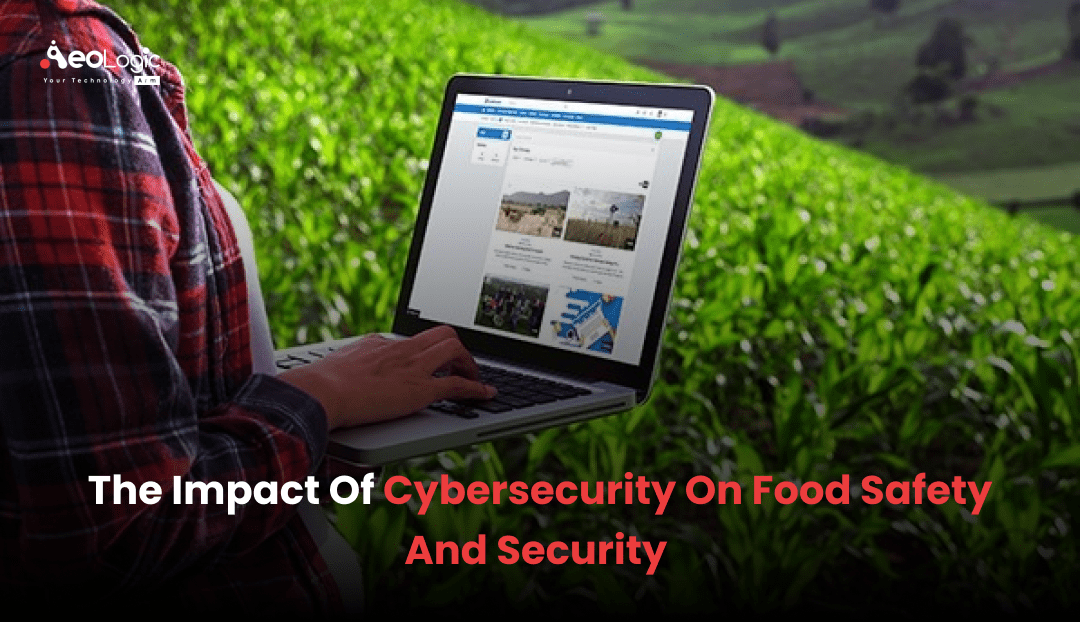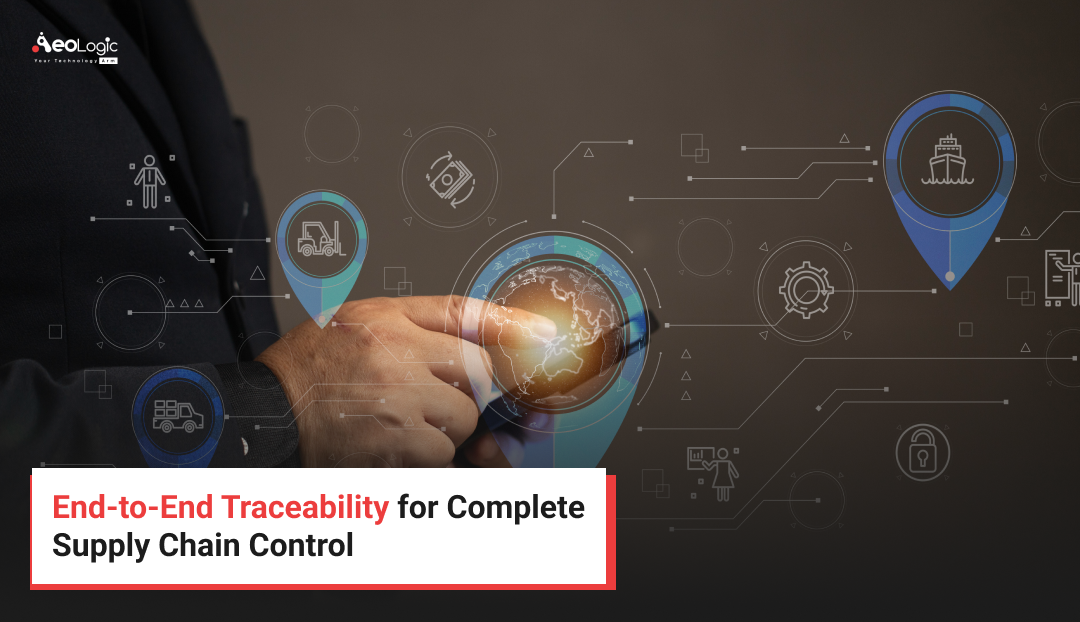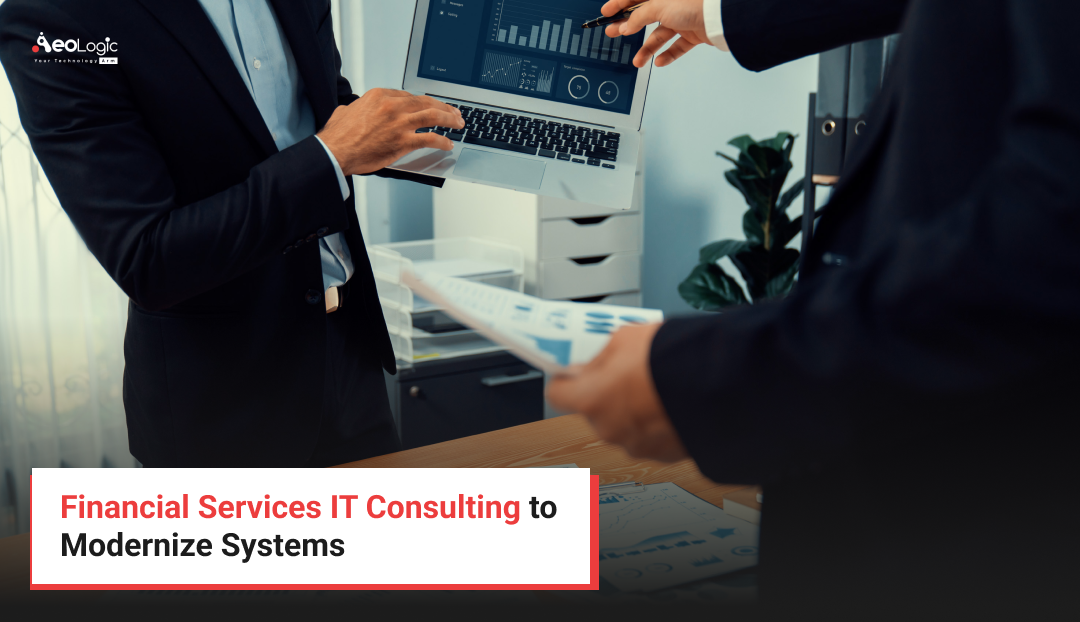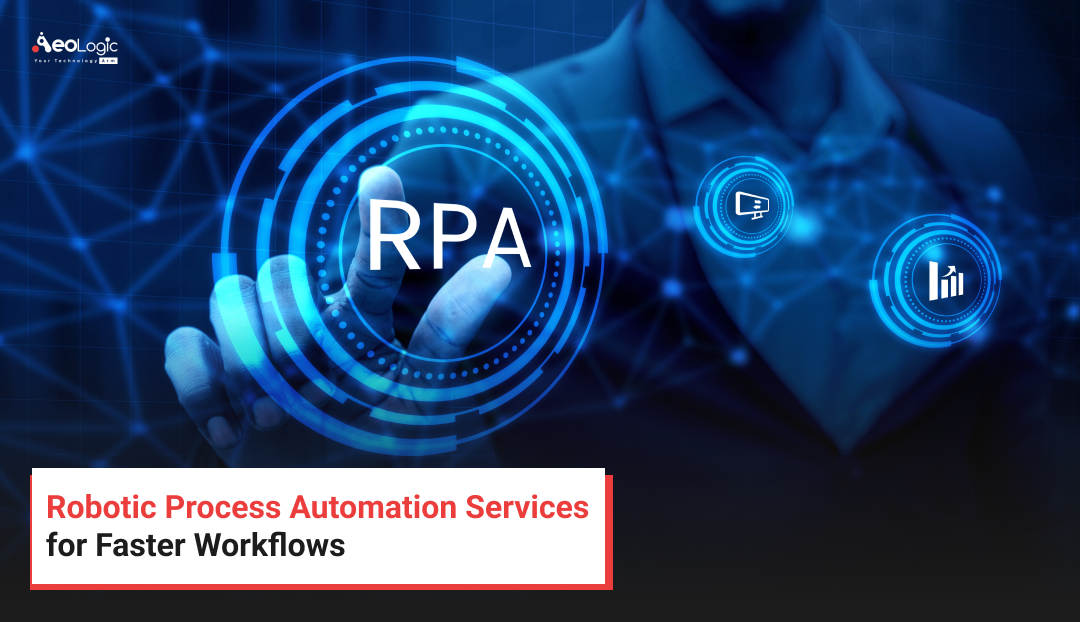Cyberattacks are today one of the most dangerous things for our world as it is affecting every industry. It can be thought that cyber-attacks are affecting the technology industry, healthcare industry, manufacturing industry, and education industry but now they are affecting the food industry too. This thing is not acceptable at any cost as the food industry is the industry that has the most contribution to feeding the world. If the food industry gets damaged then it could be bad for the whole world’s health.
Now many of you are thinking about how cyberattacks could affect the food industry. There are many ways that cyberattacks can affect the food industry. Here are a few mentioned below.
- Phishing emails can be the one way to affect the food industry. In this way, a phishing email comes to the company’s email with a link. Clicking on that link can introduce malware to your machines and cause damage to the supply chain of the food industry resulting in damage to the quality of food.
- Ransworm can be the other way, after being trapped by clicking on a link, cyber attackers groups ask for money to remove the malware from the system. It can hurt industry capital.
According to research, 2020 saw cyberattacks against the food and agriculture sector increase by 607%, with even the FBI paying close attention. This is the last report about the cyberattacks on the food industry on the global stage. Now the percentage surely would be gone more. Some top food brand companies have faced such types of attacks and threats as Canadian company Maple Leaf Foods suffered $16.6 million worth of damage in 2022 after they refused to pay a ransomware gang. In 2023, Dole Food Company suffered a similar attack, resulting in losses of $10.5 million and a temporary stop to their operation.
Overall, the food industry needs to adapt the cybersecurity system as soon as possible to resolve these issues. In this article, we will see the role of cybersecurity in enhancing the security and safety of the food industry. We will also see other details related to the topic.
The Role of Cybersecurity In Food Industry
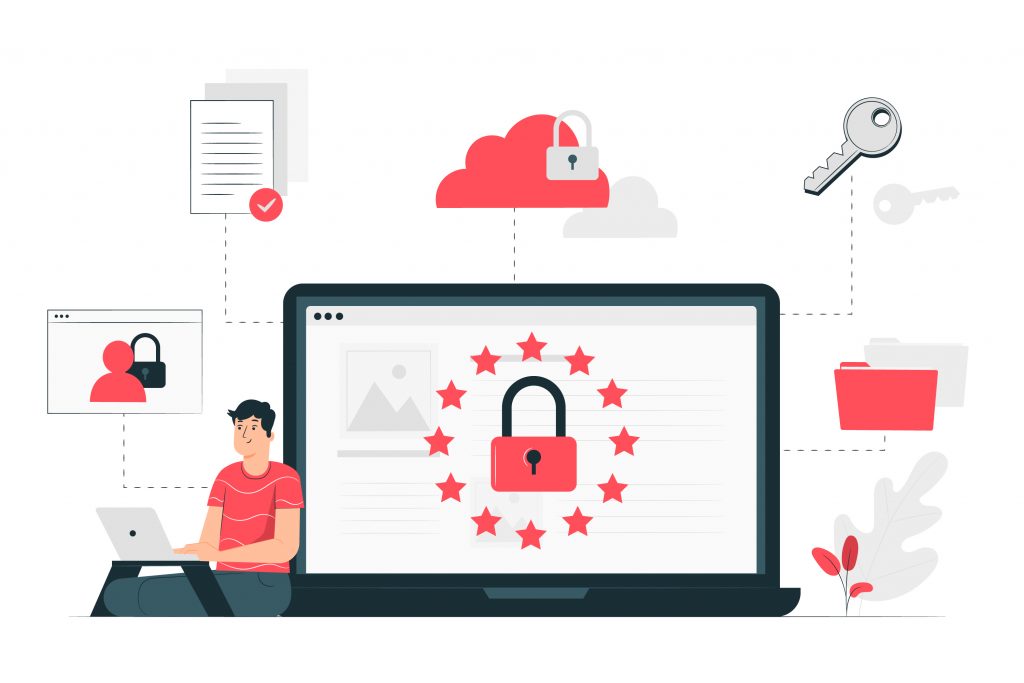
Cybersecurity in food industry refers to the defense against hostile attacks by hackers, spammers, and cybercriminals against internet-connected devices, food production machines, supply chains, and other services. The food industry can employ this technique to guard against identity theft, ransomware attacks, phishing scams, data breaches, and monetary losses. If the food industry is not safe then the whole world is in danger. Overall, this is a serious and necessary topic to resolve that can be solved with the cybersecurity system.
Why is Cybersecurity Important for Food Safety and Security?
Food production and distribution could be hampered by a cyberattack on a corporation involved in agriculture and food, which would result in shortages and higher costs. Additionally, it might contaminate food items, increasing the chance of food poisoning for customers. To prevent these issues, cybersecurity in the food industry is necessary as it possesses the ability to prevent these attacks.
Learn more: The Role of AI in Healthcare Cybersecurity
Features of Cybersecurity System for the Food Industry
Cybersecurity is protecting software that has served a lot of industries due to its impressive characteristics. Here are a few characteristics mentioned below.
Threat Detection
Cybersecurity systems have the ability of threat detection and response to find cyber threats to an organization’s digital assets and move swiftly to neutralize them. This ability can be used in the food industry to detect any risk factor that can prevent harm.
Integrity
Integrity is one of the most useful characteristics of cybersecurity as it allows the cybersecurity system to integrate with other technologies like AI. With the integration with AI, past and present data can be analyzed and find the common risk points and increase awareness.
Authentication
When a client wants to be sure that the server is the system it says it is, the client uses authentication. Cybersecurity systems have the ability of authentication in which the user or machine must provide the server or client with proof of identification. A username and password are typically required for server authentication. This enhances security and does not let outside risk factors without permission.
Benefits of Cybersecurity for Food Safety and Security
Above mentioned features are worthy in every manner so they offer lots of benefits for the food industry’s security and safety. Here are a few key benefits mentioned below.
Update System
Making updates in security to the latest software is very necessary as it helps to walk along the evolving world and nature of cyber threats. Cybersecurity in the food industry makes sure that all systems, software, and devices are up to date and that the most recent security patches are installed to prevent risks like zero-day vulnerabilities.
Extra Security
The food industry is very sensitive as any malware in the system can create degradability in food quality and this is not acceptable in any manner. Cybersecurity adds multi-factor authentication which is a useful tool for enhancing network security. This might be an internal-only proprietary system or biometric verification.
Real-Time Monitoring
Cybersecurity protects any connections between internal and external systems with the help of a controlled firewall and a VPN. If any suspicious behavior is found on the network, monitoring systems can also instantly send out notifications. Real-time data is available every moment which benefits the food industry a lot.
Also Read: The Role of Cybersecurity Solutions in the Education Industry
Challenges with Cybersecurity in Food Industry
There are many impressive things with cybersecurity in the food industry but also possesses some challenges. Here are a few challenges mentioned below.
- The evolving nature of ransomware can be a challenge as the cybersecurity system is trained for certain types of ransomware.
- It is hard to study and hard to find a cybersecurity expert. So this could also be a challenging thing.
- Initial implementation cost is also a concerning thing so it cannot be affordable for many food organizations. So it could be a concern too.
Final Words
There has been a sharp rise in cyberattacks against the food processing sector as cyber attackers and hackers shift their focus from industrial control systems to companies that produce food of various kinds. This is because there is a perceived widespread lack of security in the sector. So cybersecurity plays an important role in the food industry as this can prevent all kinds of threats. We have seen many key aspects of cybersecurity and can conclude that it is a very essential tool that can enhance food safety and security.
It is very important to get cybersecurity testing from a reliable partner to make sure that your business is protected by a strong system that can’t be broken into.

I’m Deepika Pandey, an SEO strategist and content writer with 6+ years of experience. I create SEO-friendly content that drives traffic and engages readers. I combine data insights with creativity to help businesses grow their online presence effectively.

